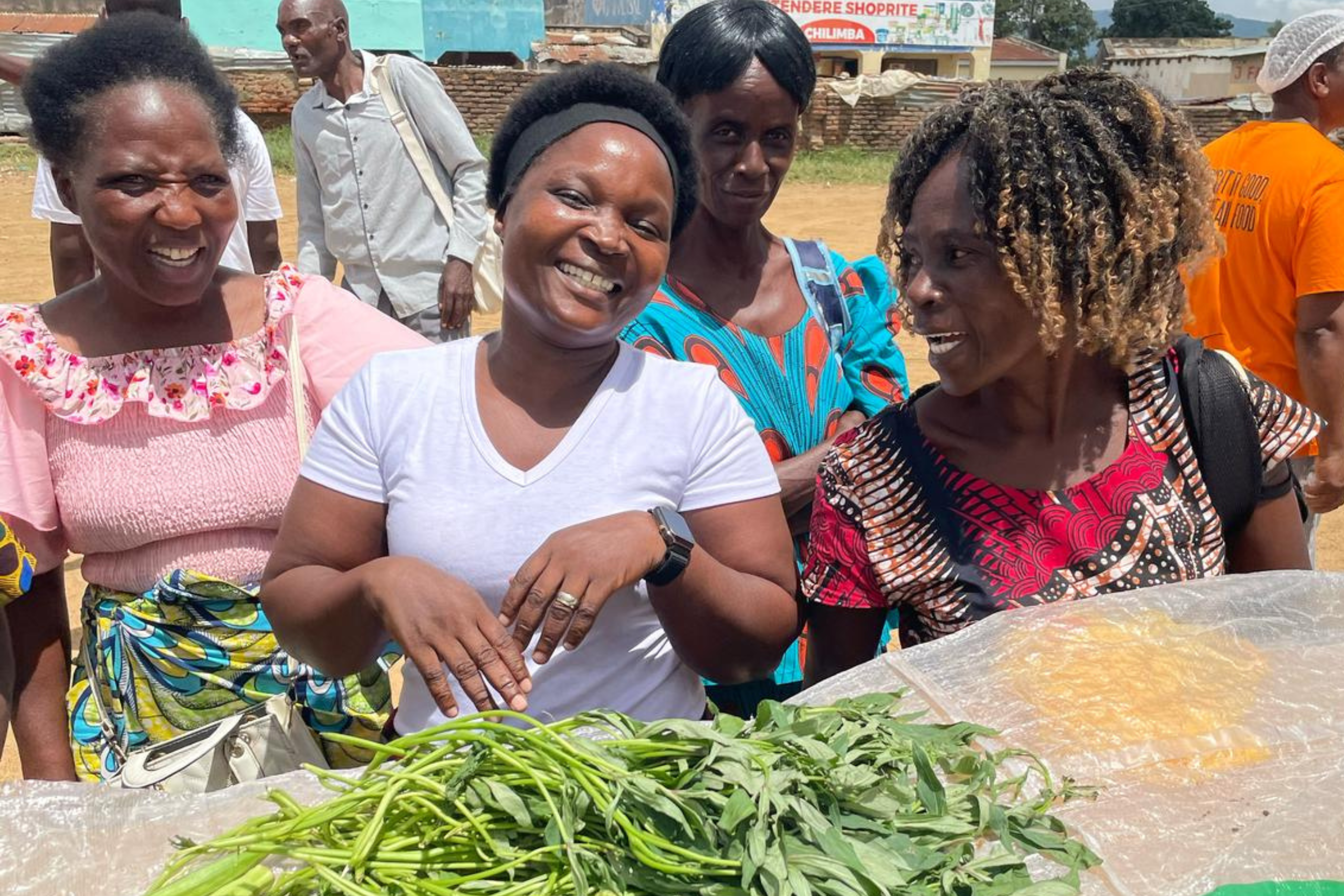Malawi: sustainable agriculture as a response to poverty and food Insecurity
On Saturday, March 29, 2025, at Chrimba Market in Blantyre, the DREAM Program of the Community of Sant’Egidio organized the Open Day for the GRASS 2 project—an initiative aimed at combating food insecurity in Malawi.
Malawi is one of the poorest countries in the world, with over half the population living below the poverty line and at least a quarter unable to meet their daily caloric needs. It is also a very young country, with one birth every 49 seconds and one death every 4 minutes. This demographic scenario presents significant challenges, including limited access to education. The main causes of school dropout are often linked to domestic responsibilities, early marriage, pregnancy, and, notably, HIV/AIDS.
Despite significant progress in the fight against HIV, Malawi continues to have one of the highest HIV prevalence rates in the world, according to UNAIDS data.
Moreover, the FAO reports that approximately 5.4 million people in Malawi live in conditions of moderate or severe chronic food insecurity, primarily due to extreme poverty and recurring shocks. The G.R.A.S.S. II project (Growth and Resilience in Agriculture for Sustainable Societies) was created to address these challenges. The project aims to strengthen agricultural resilience by involving people living with HIV/AIDS in the creation of community gardens, contributing to the reduction of hunger and food shortages across the country.
Now in its second year, the project not only continues to support farmers in sustainable production, but also promotes product marketing and the creation of a producer network inspired by Slow Food’s “Earth Markets” principles. The initiative spans the districts of Dowa, Balaka, Dedza, Mangochi, Machinga, and Blantyre, encouraging sustainable agricultural practices to enhance food security.
The Open Day began with a conference outlining the project’s background and goals, the achievements to date, and the roles of the organizations involved: Sant’Egidio, DREAM, and Slow Food. The event was attended by representatives of the Ministry of Agriculture (MOA), the District Agricultural Development Office (DADO), local chiefs, the Blantyre Councillor, and over 150 participants from the project districts.
Throughout the day, more than 300 people visited the market. Farmers from the 50 community gardens created through the project showcased their products, offering a tangible demonstration of the importance of good, clean, and fair food, as well as the value of biodiversity.
The project received unanimous praise: both farmers and local authorities—including the MOA, DADO, and the Blantyre Councillor—expressed enthusiasm and a willingness to further support the activities of Sant’Egidio and Slow Food in the agricultural sector.
The day concluded with a lunch prepared by the “cook alliance.” The meal, made with ingredients from the community gardens, was a perfect example of healthy and sustainable eating.
